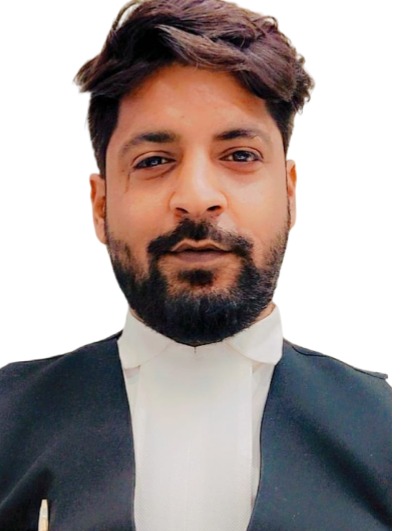In India, divorce is undoubtedly a difficult process. It's undoubtedly difficult to go through the entire divorce procedure, from enduring emotional ups and downs to fighting for the long-awaited divorce decree for several months. You should know before you decide to get a divorce that the process takes around a year in India, and in very exceptional circumstances of conflict, it can take years. When you are convinced that you want a divorce, you will find it convenient to endure the long and arduous procedure of divorce that is often characterized by a lot of emotional turmoil.
Because there are many distinct religions in India, the Indian judiciary has enacted regulations specifically for couples who practice different religions.
Divorce: About
- Divorce is the formal ending of a marriage by the filing of a petition in the competent court.
- When a judge grants a divorce, the parties' matrimonial relationship and, thus, their marriage, are terminated.
- It addresses the aspects regarding the sharing of property and assets, custody of children, and the dissolution of marriage among the husband and wife.
Types of Divorce in India
- Contested Divorce: When one of the partners wants to end the marriage and voluntarily move the court by filing a divorce petition. Several reasons prompt the need to go through the legal motion of a contested divorce including, but not limited to, cruelty, religious conversion, insanity, communicable disease, or absence of the spouse for more than seven years as provided in Section 13 of the Hindu Marriage Act (1955).
- Mutual Consent Divorce: This is mentioned under Section 13B of the Hindu Marriage Act. According to the name, a mutual divorce occurs when the husband and wife both agree and consent to a peaceful separation. The husband and wife must make a decision beforehand on alimony and, if applicable, child custody. To file for a mutual divorce, there are only two prerequisites: they must live apart for a minimum of a year and have mutual consent.
Divorce Process in India: Contested Divorce
- Write a petition outlining the facts and reasons for the divorce in detail. This petition is accompanied by affidavits, a vakalatnama, and other relevant documents, and is presented to a family court that has proper jurisdiction.
- When the court receives the petition and the petitioner’s request to proceed with the case is accepted, the court after being satisfied sends a notice to or summons the other party and his or her lawyer to appear before the court on a particular date.
- The parties involved shall attend the court and on a particular date make their submissions, adduce evidence, undergo cross-examination and call witnesses if required.
- The court will then propose parties for mediation; if mediation is unable to resolve the issue, the court will move forward with the divorce procedure. The last arguments will then be made by the attorneys on both sides.
- Hereinafter, the court will reach a conclusive determination and render its divorce judgment on a particular day. Within three months of the order's issuance, the party who feels wronged may file an appeal.
Divorce Process in India: Mutual Consent Divorce
- As agreed, upon by both spouses, draft a petition stating the reasons for the divorce.
- Submit the petition to the family court jointly, represented by the appropriate attorneys.
- After reviewing the petition and supporting documents, the court is going to issue an order for recording of the statement according to oath.
- Following this, the parties are granted a six-month cooling-off period in the hopes of reunifying.
- If no reconciliation has taken place within the six months’ time period, both parties are required to attend the last hearing. (Within 18 months of the divorce petition being filed, the parties are required to appear for the second motion.)
- Divorce is allowed by the court in the final hearing.
It is usually preferable to understand the procedure before taking action. The whole idea of divorce is terrible enough; it lattices the world constructed by both families at the time of the nuptials. People can better comprehend what may happen and what has to be done to make things easier if they are aware of the divorce process that lies ahead.
Sharks of Law offers a comprehensive legal solutions facility, providing an extensive collection of information on diverse areas of law and current developments in the legal field by the best professionals in this area. With this law firm, you can search and find a lawyer who can meet your legal requirements for online consultation. The attorneys at Sharks of Law have the necessary expertise across all the fields involved should you have any inquiries that require legal counsel.
Email:-helpdesk@sharksoflaw.com
Help Desk:-+91-88770-01993
